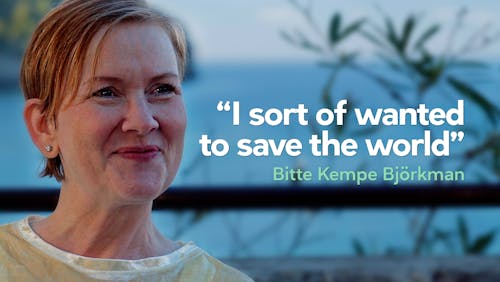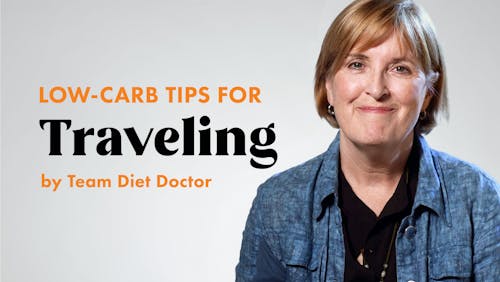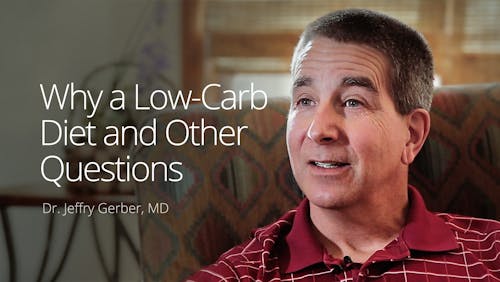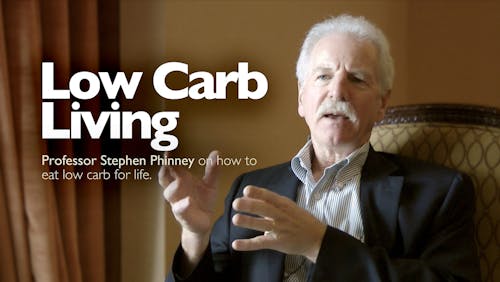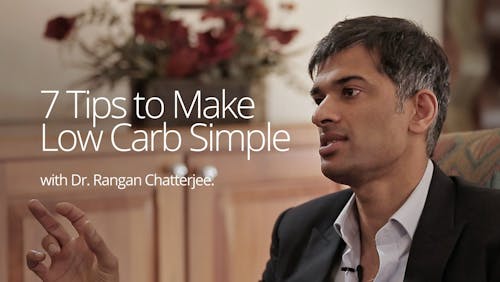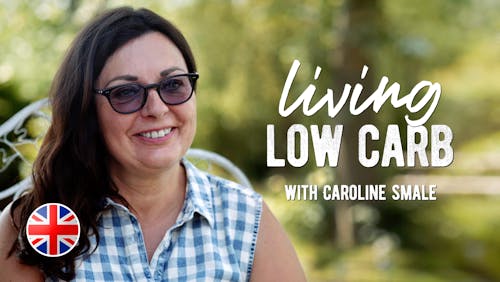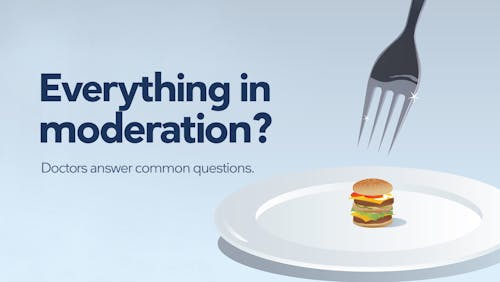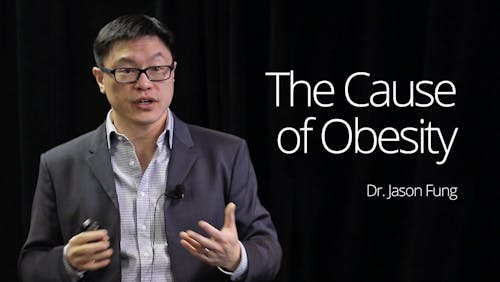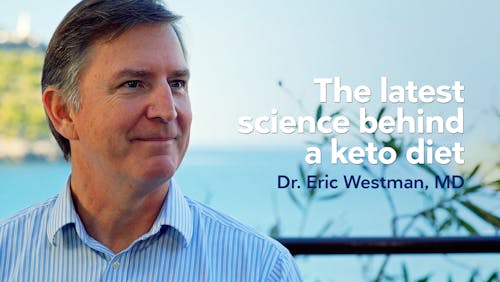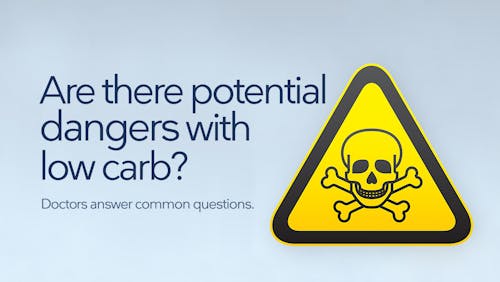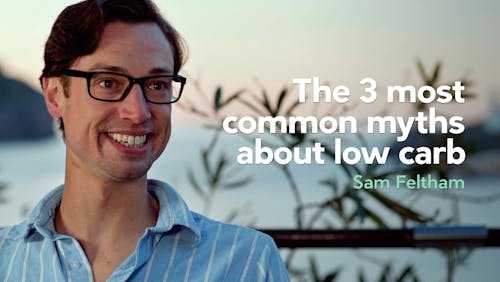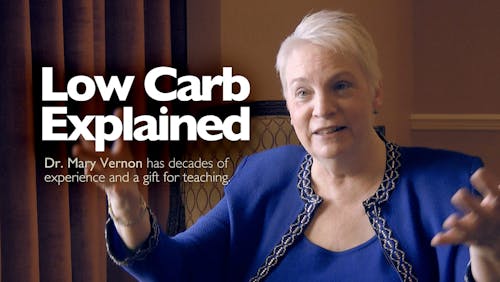Is a low-protein, high-carb diet the key for a better aging brain? Maybe in mice
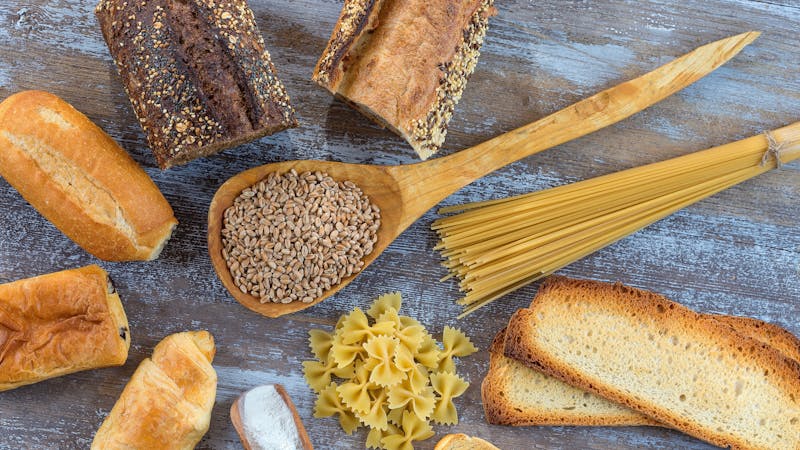
A new small Australian study — in mice — is getting a lot of splashy news coverage this week. Articles around the world are claiming that the study shows a diet high in carbohydrates and very low in protein is best for the aging human brain.
Some of the headlines read like the fountain of youth was discovered by Australian graduate student, Devin Wahl, doing his PhD thesis in a mouse lab at the University of Sydney.
Here are some of the pronouncements:
- Daily Mail: How carbs could be the secret to living longer
- Business Insider: Science says a low-protein, high-carb diet could be the key to a long, mentally-fit life
- Independent: High carbohydrate, low protein diets may help people stay mentally fit in old age
- The Guardian: Low-protein, high-carb diet may help ward off dementia
Here is the actual study, “Comparing the effects of low-protein and high-carbohydrate diets and calorie restriction on brain aging in mice,” which was published November 20th in the journal Cell Reports.
Let’s take a closer look at what the study actually did and the conclusions it made. First note that the study was done on mice. Mice are not humans, and thus it’s unclear whether the results have any relevance whatsoever for anybody capable of reading this post.
Secondly, you need to understand a bit of the research background. More than 100 years ago, researchers first discovered that reducing the calories in the chow fed to female mice extended their lifespan. Since that time hundreds of studies have looked at the impact of calorie restriction on longevity, physiologic processes, gene expression, inflammation and more. Generally most studies over the decades have found that calorie restriction does tend to extend life in most organisms — but the physiologic reasons why are still unknown and hotly debated. In recent decades, numerous studies have been looking more deeply at the phenomenon to see whether other diets can mimic the effect of calorie restriction or have similar impacts on key physiologic pathways and functions, such as in various animal and insect brains. But results are inconsistent and generally not applicable to humans. As one recent group of researchers noted: “there may be a fundamental difference in the responses of insects and rodents to calorie restriction.”
This is where Mr. Wahl’s study comes in. He compared, in mice, four low-protein, high-carb (LPHC) diets — which the mice were able to eat freely — to a 20% calorie-reduced diet. The lowest-protein diet contained 5% protein and 77% carbs. He mostly looked at the impact of both calorie restriction and the LPHC on the functioning of the hippocampus of the mouse brain — looking at gene expression, signalling proteins, inflammation, neuron length and more. He also assessed the behavioral and cognitive performance of the mice by their maze running and their recognition of novel objects.
The 17-page study goes into great depth about all the various findings, comparing them to other calorie restriction and LPHC studies in a similar vein. But his own conclusions are very understated: “In our study, the calorie-restricted diet and LPHC diets were associated with modest improvements in behavioural and cognitive outcomes, although results were mainly limited to females and inconsistent.” He notes that the lowest protein diets did show effects on gene expression, protein activity and neuron shape “which approached those seen with calorie restriction.” Out of that he concludes “a very low-protein, high-carbohydrate diet may be a feasible nutritional intervention to delay brain aging.” (Only in mice? In humans? Nowhere does it say in the paper.)
These are the results that have headlines gush that such a diet in humans could be the secret to living longer and staying mentally fit in old age? No wonder the public is so confused about nutrition research. The headlines are not supported by the findings at all. Granted Wahl and his advisor did hype the study results and their meaning well beyond what the study found in a press release sent to media.
Here’s an alternate headline that would reflect the study’s findings more accurately: “A low-protein, high-carb diet may have subtle brain results similar to calorie-restricted diets in mice.”
Not very sexy, is it?
Earlier
Could a keto diet increase the risk of diabetes (if you’re a mouse)?
Is saturated fat causing PTSD?
Credibility crisis in an era of clicks and shares
